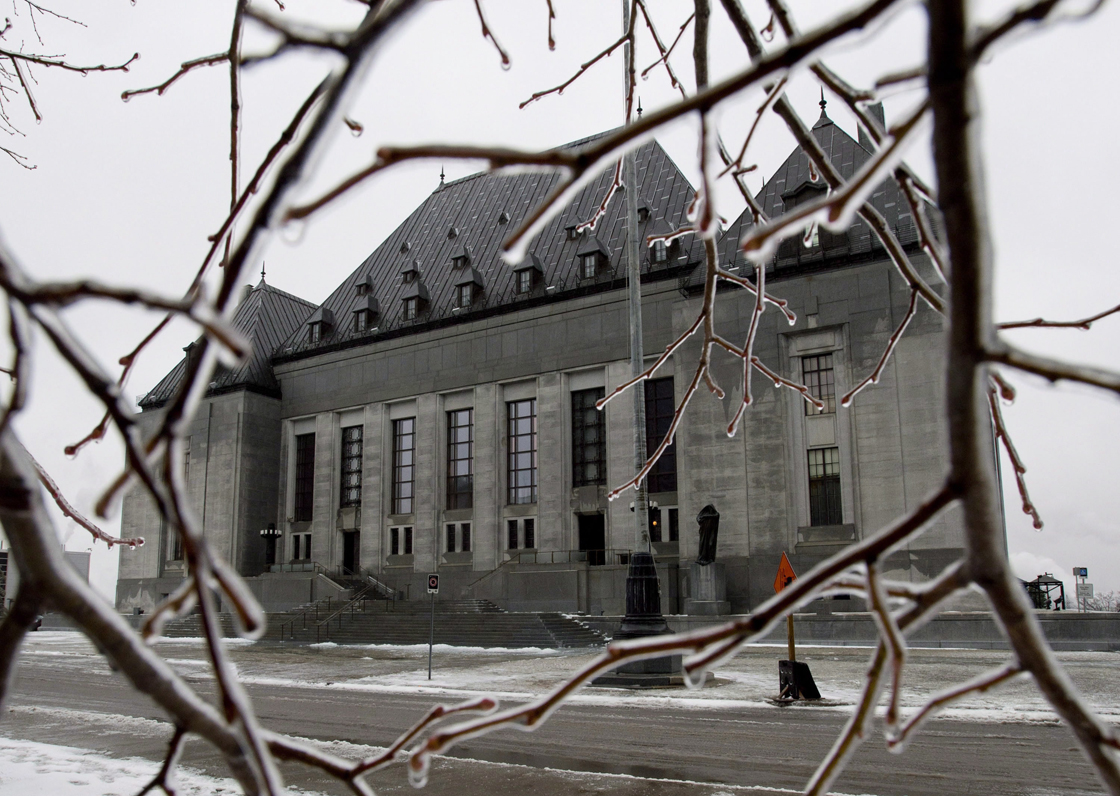OTTAWA – The Supreme Court of Canada has granted the appeal of a former Congolese diplomat who was seeking refugee status in Canada in a ruling that will have implications for future war crimes cases.

In a precedent-setting 9-0 ruling, the Supreme Court ruled that Rachidi Ekanza Ezokola is entitled to a new hearing on whether he was complicit by association in war crimes and crimes against humanity committed by the government of his country.
The court ruled that a person can only be excluded from refugee protection “if there are serious reasons for considering that he or she voluntarily made a knowing and significant contribution to the crime or criminal purpose of the group alleged to have committed the crime.”
The ruling said the burden of proof lies with the government that is trying to deny a refugee applicant.
The ruling clarifies the line that defines whether senior public officials should be excluded from the definition of a refugee for being part of a government that commits war crimes.
The Immigration and Refugee Board, which originally ruled against Ezokola, will now reconsider the case based on today’s ruling.
A “detailed assessment is required to determine whether the particular facts of this case establish serious reasons” to deny Ezokola’s claim, the high court said in its decision.
“A refugee hearing is not a criminal trial before an international tribunal. International criminal tribunals render verdicts for some of the most serious crimes in the international legal order,” justices Louis LeBel and Morris Fish wrote for the court.
“In contrast, the Board makes exclusion determinations; it does not determine guilt or innocence.”
Ezokola was the second in command at the Democratic Republic of Congo’s United Nations embassy in New York when he fled to Canada with his wife and eight children in 2008.
Ezokola had been a government bureaucrat since 1999 and was appointed to his country’s UN mission in 2004.
He sought asylum in Canada after a falling out with his ambassador because he no longer supported the re-election of President Joseph Kabila, and feared he would be accused of treason.
He considered his government to be corrupt, anti-democratic and violent.
“He claims his resignation would be viewed as an act of treason by the DRC government,” the ruling says.
“He claims that the DRC’s intelligence service harassed, intimidated, and threatened him because it suspected he had links to Jean-Pierre Bemba, President Kabila’s opponent.”



Comments